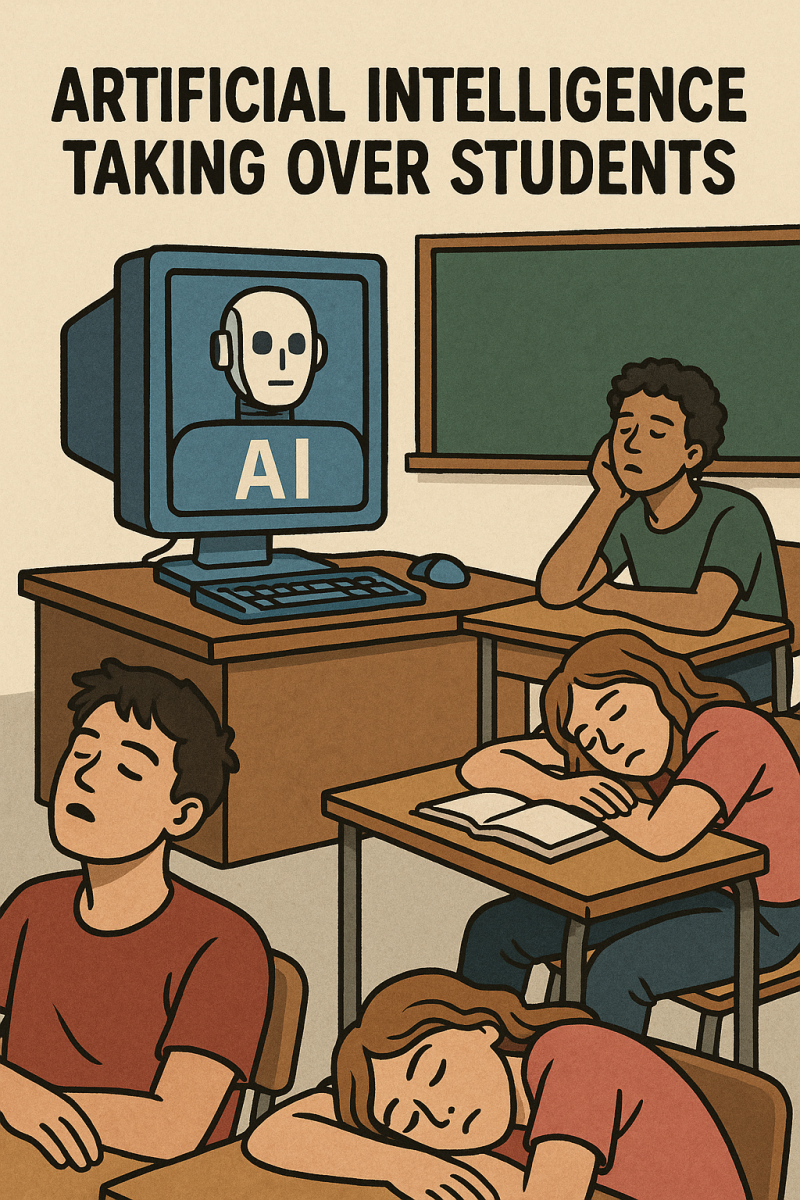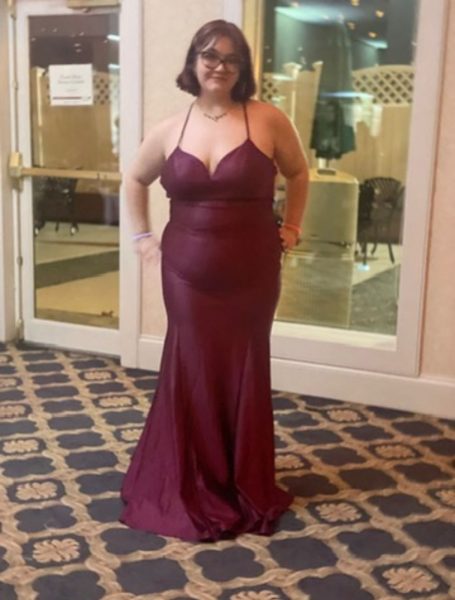During school students, no matter what religion they believe in, should be allowed to express themselves without disturbing the learning or peace of others. Religion is a freedom everyone is given to believe in, not something that can be or should be taken away even in a public setting.
This is called upon by the first Amendment, written on the freedom of press, expression, and religion. The first amendment protects the freedom of religion,¨Congress shall make no law respecting an establishment of religion, or prohibiting the free exercise thereof,” meaning anyone and everyone has the right to practice or express their belief freely without interference of the government, which will include officials and the public.
This also extends down to schools and students. Since many schools are a public building they may not sponsor or force a particular religion, but students can express their rights to express religious beliefs. This means if a student wishes to pray, wear a symbolic symbol, or talk about it to others on their own time, then they are allowed as long as it is not disturbing the education process or disturbing other students rights.
In 1984 congress passed the Equal Access Act, requiring public schools to allow religious and political clubs if other interest-clubs were present. A year later, in 1985, a girl named Bridget appealed to her principal to start a Christian club whose idea was shut down since it would be ¨illegal¨ in a public school where the promotion of religion is seen as a violation of the Establishment cause, in which it states students should be neutral about religion to avoid it’s influence. Only private institutions are able to influence and subject its students towards a specific religion and/or belief.
Bridget challenged her principal up to the supreme court where it was ruled in her favor. The court decided that because it wasn’t sponsoring the club or forcing it’s participation, then allowing students to meet and talk of religion out of their own free will.
The court also did add that while this club is allowed, they shouldn’t be allowed to be sponsored or at school or be shown as such. These clubs of religion aren’t to have any involvement into the school or announce it out to everyone like an invitation as part of the Establishment Act.
In the year 2000, a court case was brought up to the supreme court over the Santa Fe prayer (a Christian Prayer) that was held in school by an elected chaplain before football games. Two families of students who were at the game sued the school for allowing this practice, backing up with the Establishment clause in which the school permitted the prayer to the public.
The school has allowed such a display of Christianity due to a new policy that allowed students to hold student-initiated and student-led prayers during games. It was claimed to be private since it was all done by the students, even the election of who will speak out. This was ruled invalid and a violation of the Establishment clause due to being held at school meaning school-sponsored, for the public, and during big events. Had this prayer been something private in the locker rooms or before the game with only the players then it would have been fine. This also goes back to the Establishment Act that was violated, looking to separate institutions and any property of the government from the people.
The display of one’s religion in school could be an offense to those who are of different religions or or no religion, possibly making them feel pulled in to participate.
Students who may have an issue with others expressing their religion are allowed to say something. This does not mean the person showing their belief in their religion has to stop as they are protected under the first amendment and are not prohibited from talking about/expressing their religion. It is only something that would need interference if it disturbed others somehow or disturbed the learning environment at school.






